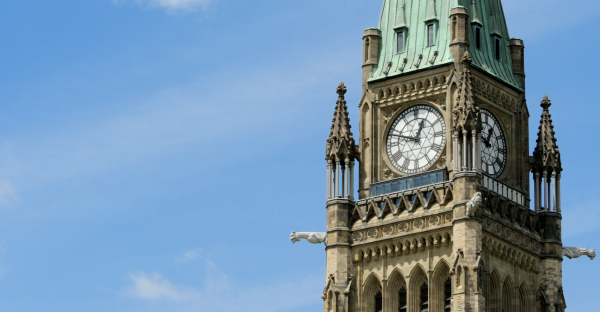CAPE was delighted to learn of the announcement by the Treasury Board President that the government intended to revoke Division 17 of the Conservative government’s Bill C-4, which had rewritten the rules of collective bargaining when it was passed in 2013.
“The government is taking another step toward restoring normal relations with federal public service unions,” CAPE President Emmanuelle Tremblay noted. She added that “By returning the legislation to what it was before the previous government’s power grab, the government seems to be indicating that it will allow free collective bargaining to take its course. This is a wise decision.”
Since the legislation will not be amended until the fall session of Parliament, however, there will be no immediate effect on the current round of collective bargaining. Consequently, as far as CAPE members in the EC and TR groups are concerned, the conciliation/strike route is currently the only option available to them should they reach an impasse. In the past, CAPE members always chose arbitration as their means of resolving deadlocks, but C-4 took away that option.
At our next meeting with Treasury Board, CAPE plans to ask for a written commitment to adopt transition measures, which would repeal the provisions of Bill C-4 that are interfering with the ongoing collective bargaining process. CAPE will also be consulting its bargaining teams to determine whether, in the event of an impasse at the bargaining table, it might be possible to seek arbitration rather than conciliation to resolve the dispute. This could only be done on the condition that the Treasury Board signs a commitment in writing to return the rules governing collective bargaining back to the level the playing field and return to pre-2013 rules governing collective bargaining.



